A Nation Lost to Gods
by Benedicte Kurzen
Nigeria, Dogo Nahawa, December 2011, Lydia Patrick, 25 years old, has been attacked with her village at night, in March 2010. She tried to protect her face with her hands, which have been cut. The attack was perpetrated by nomad pastoral Fulanis.
One never finishes counting the dead in Nigeria. Each day there are new victims. Each day there are new attacks, more attacks, against churches, police stations or schools. The arc of this conflict without a name runs through a large part of the north of Nigeria: Maiduguri, Kano, Damturu, Gome; here are the cities of a devastated region where each neighborhood seems to be overrun by conflict. But what conflict?
Nigeria, Zomkwa, April 2011, In the Muslim area of Zonkwa, the soil is still tainted by the blood of families who have been massacred during the night of the 19th to the 20th April 2011. A wave of reprisal was launched by the Christians in Kaduna State, after riots and attacks erupted from defeated Muhammadu Buhari’s partisans.
Nigeria, Jos South, March 2012, Berom girls cry at the funeral of Sunday Pam. Sunday, 27yo, has been killed in the suicide attack targeting the catholic Church Saint Finbar, in Rayfield, Jos South. Boko Haram claim to be the perpetrators of the suicide attack.
This report, which took over one year to put together, is an attempt to examine the symptoms of sectarian violence through the milky and raw light of the North. The wave of political tension, after the presidential elections in April 2011 crystallized the frustration of a weary population, abused by ultra corrupt politicians found its release -eight hundred deaths in just a few days. But the on-going ethno-religious conflict in the Middle Belt, appears to be another front-line of a religious war, accentuated by 9/11. Here, the global has become local and each crisis heightens the ethnic response whether one is Berom, Hausa, Fulani, and Ngas, indigenous or not. More recently though, the fire has spread deeper and rougher in the North. The attacks perpetrated by the Salafist sect have claimed one thousand victims since 2009. Jama’atu Ahlis Sunna Lidda’awati Wal-Jihad, more well known by it’s Hausa name, Boko Haram, has plunged Nigeria into a state of terror.
The attacks perpetrated by the Salafist sect have claimed one thousand victims since 2009.
Nigeria, Kaduna, April 2011, After being seriously beaten up during post-electoral violence in April 2011, this young man awaits receiving care in the emergency room, at Saint Gerard Hospital.
Nigeria seems very foreign, yet the unfolding chaos raises one crucial contemporary question: how can people who have nothing in common cohabit inside an imposed national entity while the extreme corruption and injustice of the powerful erodes the social contract day after day and arouses anger and frustration?
Trying to explain the chaos in the North of Nigeria means hitting the wall: one runs into simplifications and generalities, but nothing is simple in Nigeria. The resurgence of religious tension corresponded with the end of military rule in 1999. Without the dead weight of dictatorship, Nigeria split itself in two once again, this despite a heterogeneous society (more than 200 ethnic groups) unified in 1914 by Lord Lugard under English rule. A century later, « amalgamation » has never seemed more obsolete and obscure.
Nigeria, Jos, December 2011, Berom men from Vom try to extract tin from former mining dumps, in Dogo Nahawa, Plateau State.
Plateau State and Jos have been the epicentre of sectarian violence which occurred repeatedly over the past ten years in the region of the Middle Belt. The roots of sectarian violence are many : access to resources, power struggle, ethnicity etc.
Nigeria, Mando, December 2011, Young girls look at the damage caused by the explosion of homemade bomb, kept in a private house.
Nigeria, Kaduna, April 2011, Bodies of post-electoral violences rest among other corpses in the morgue of Saint Gerard Hospital.









